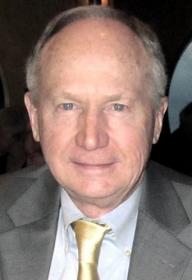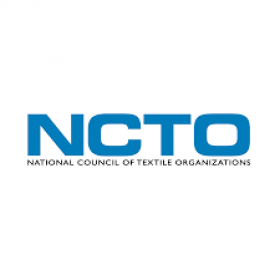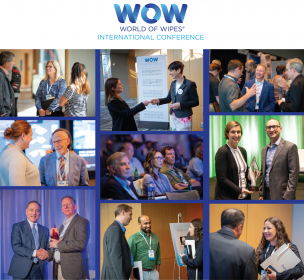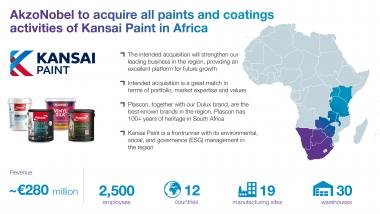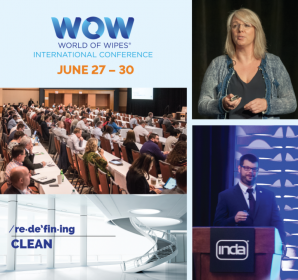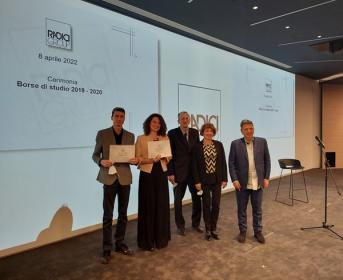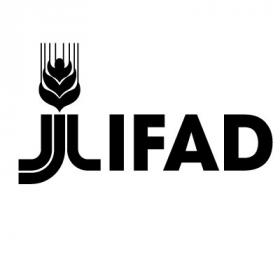INDA mourns loss of Industry Leader and Executive Committee Appointee Walter G. Jones
INDA, the Association of the Nonwoven Fabrics Industry, is mourning the loss of Walter “Walt” G. Jones, Chief Executive Officer, Precision Fabrics Group, Inc., of Greensboro, NC, who passed away Sept. 22.
He is being remembered fondly by the association for his strong contributions as a leader, mentor, and advocate for the nonwoven industry. INDA, in particular, benefited from Jones’ vast industry and business knowledge as an INDA Executive Committee Appointee for over 20 years. Jones started his career at Burlington Industries in 1977 and was named president and CEO, in 1999 of Precision Fabrics Group Inc., a spin-off of Burlington Industries. Jones was a graduate of the University of Cincinnati and the Wharton School of Finance.
“INDA is saddened by the loss of a true industry leader who devoted his career to advancing the nonwoven & engineered material industry,” said INDA President Tony Fragnito. “Walt Jones will be missed by all of us at INDA and by the many professionals whose careers and businesses were positively impacted by his expertise. We extend our deepest sympathies to his family.”
INDA


